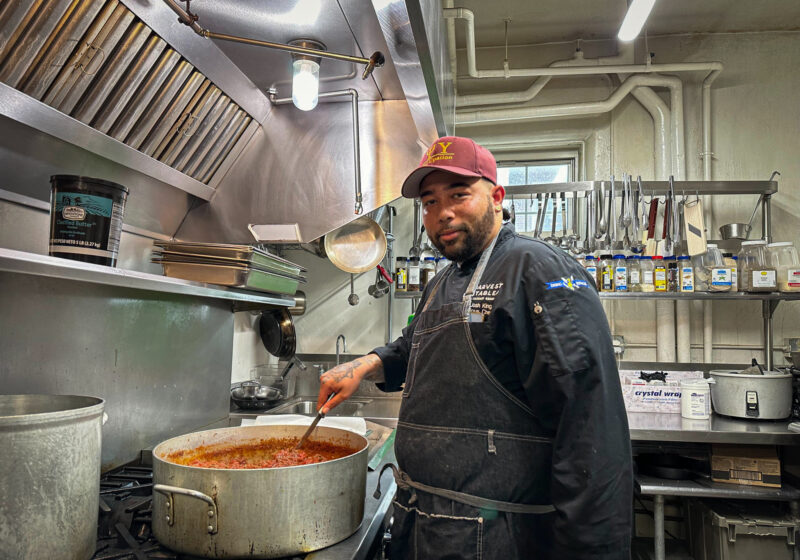24 million people in the United States suffer from an eating disorder (ED). 95% of those people are between the ages of 12 and 25. Yet for some reason, our society still has trouble talking about this issue. In conversation, people will avoid the words “eating disorder,” “anorexia,” “bulimia,” and “binging” at all costs. If the topic comes up, voices get low and most people become very uncomfortable. When they see someone suffering from the disease, they don’t know how to talk about it. They want to help but are never sure how to do it.
National Eating Disorder Association (NEDA) hosts a yearly event to raise awareness about eating disorders, and this past week was the week. People all over the country gathered to discuss issues of body image, patient treatment, and prevention of ED’s. Hundreds of universities across the country held events encouraging people to love and embrace their bodies; UR had a photo booth, a lecture, and a screening session with counseling support on-hand. But a single week at the end of February is not enough recognition of this issue and not nearly enough time to begin to tackle the issue on campus.
Simply raising awareness about eating disorders is a good place to start, but it does not go far enough. People need to be educated on how to talk to people when they notice anything. Friends are the first to notice changes while students are at college. Friends see the students multiple times a week, eat with them, and talk to them everyday. If anyone is going to notice changes, it will be friends. Expressing concerns early to the students or to the right health professionals can make all the difference in the world. The ED screening on Thursday was a step in the right direction but barely scratched the surface of the problem.
Though it is sad to admit, everyone probably knows someone who had or has an ED. Only 1 in 10 people who suffer from an ED receive the treatment they need for a full recovery. Where are the rest? Why have they not found the resources that they need? Sometimes, it takes one concerned person to connect the suffering student with the resources they need. It simply takes a concerned word, an offer to walk to UHS, persistence, and love. Our campus needs people to step up, speak out, and raise awareness of this issue. Only then can we begin to lessen the numbers and fight back against this disease.




